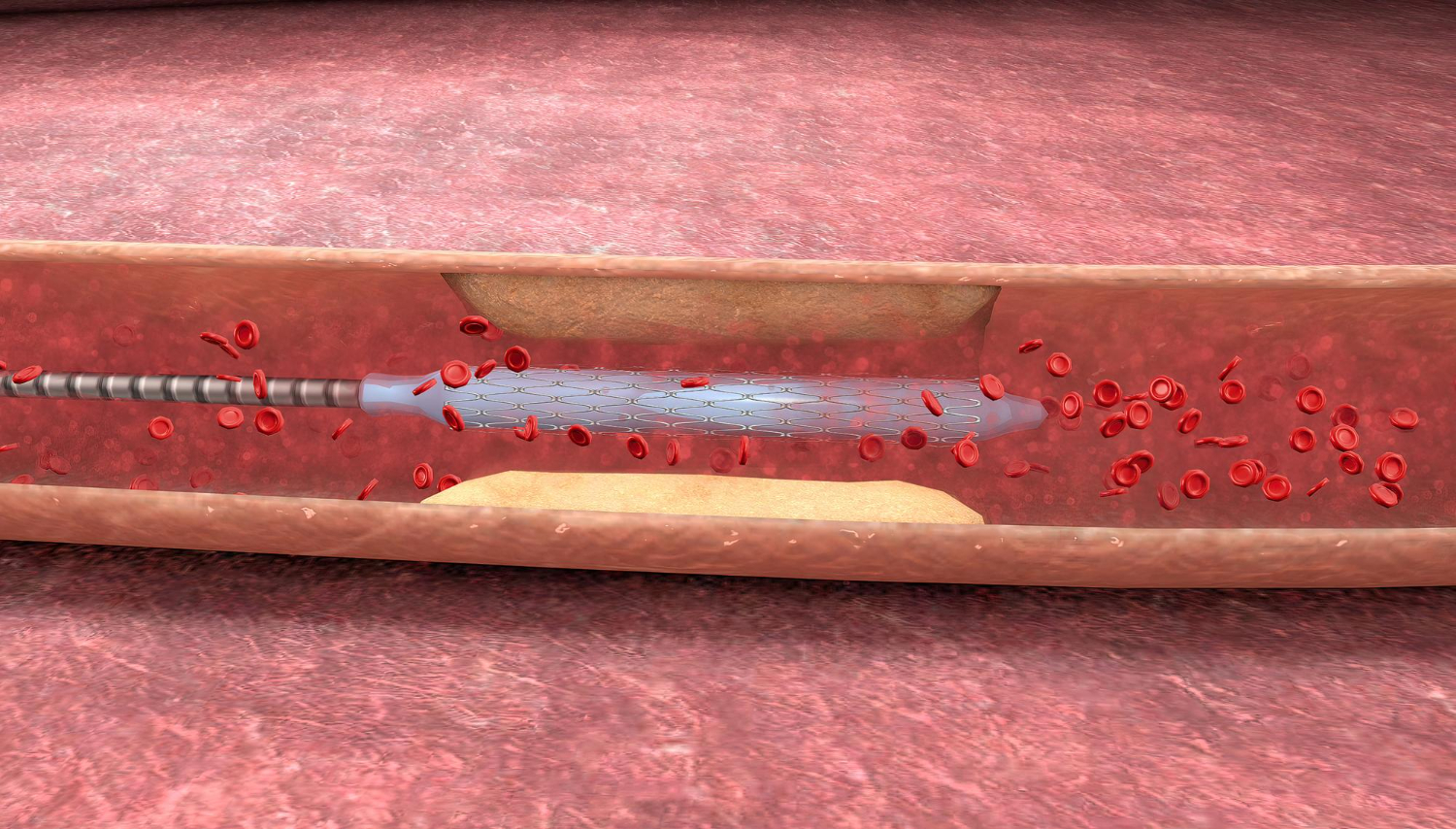Abdominal Aortic Aneurysms (AAA)
The largest artery in the body is the aorta which transports blood to various organs of the body. The swelling of the aorta can cause it to become weak and rupture, leading to life-threatening internal bleeding.
The aorta is responsible for carrying oxygen-rich blood from the heart throughout the body. It runs through your chest and abdomen, branching off into smaller arteries that supply blood to all parts of your body.
Treatment for Aortic Aneurysm includes medications to reduce blood pressure and cholesterol levels as well as lifestyle changes such as quitting smoking and exercising regularly. Surgery may also be necessary to repair the weakened area of the artery. It is important to talk to your doctor about all your options so that you can make an informed decision about your treatment plan.
An AAA can occur anywhere along this path – most commonly in the abdomen – but can also occur in other areas such as your chest or neck.
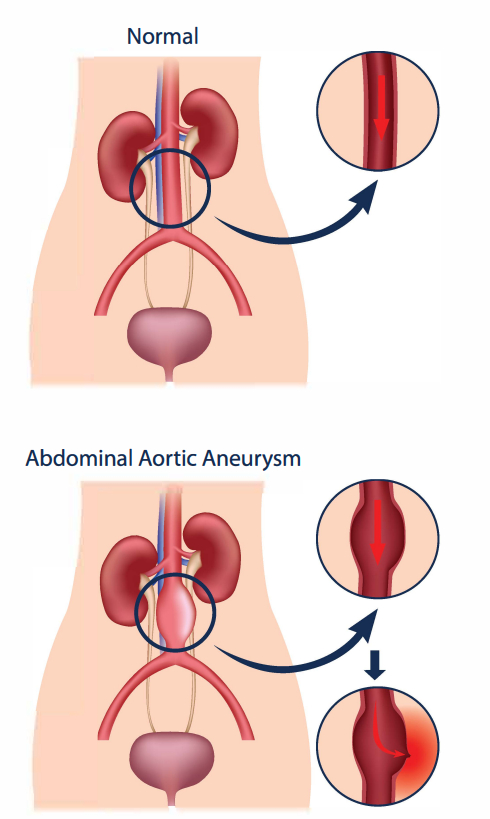
Symptoms of Abdominal Aortic Aneurysm (AAA):
Most people feel no symptoms, and an AAA is often detected when tests are conducted for other unrelated reasons. AAA symptoms include abdominal or back pain, pulsating feeling in the abdomen, and weight loss.
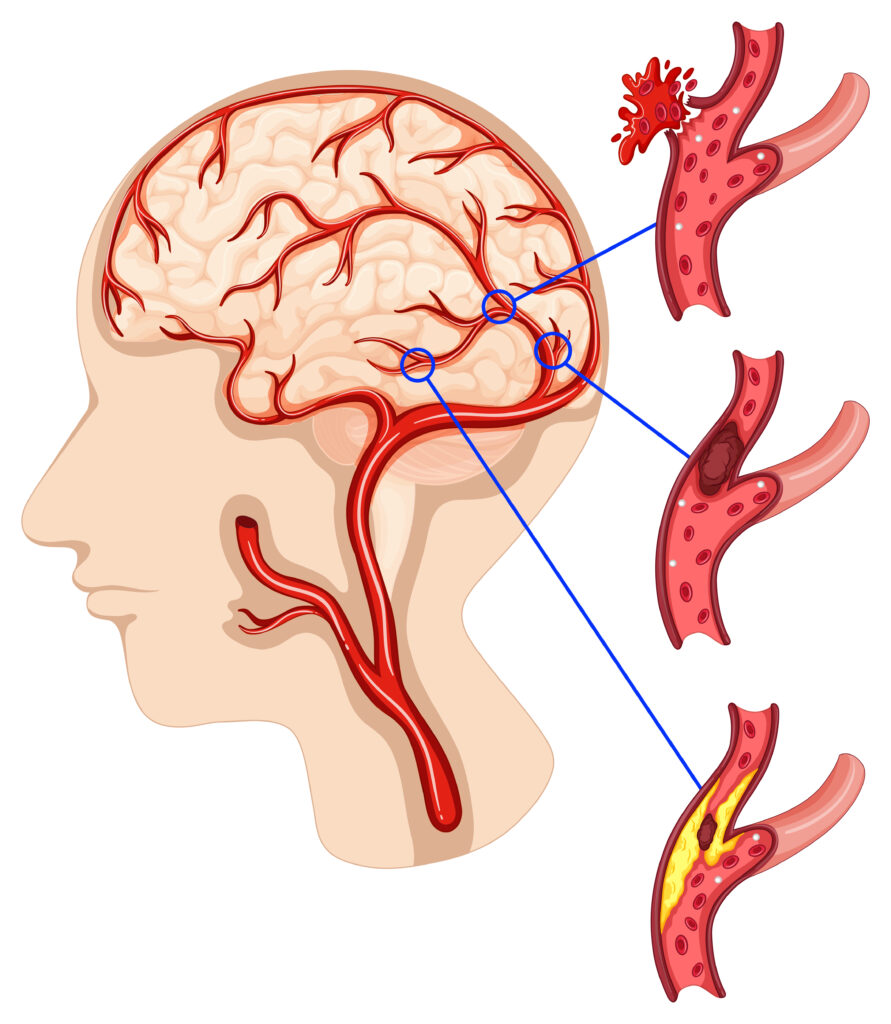
Causes and Risk factors of Abdominal Aortic Aneurysm (AAA):
- Age-individuals over 60 years are lost likely to develop the condition
- Gender-males are more prone to the condition than females
- History of atherosclerosis
(hardening of the arteries) - Family history of AAA
-
Smoking
-
High cholesterol levels
-
Diabetes
-
High blood pressure
-
Obesity
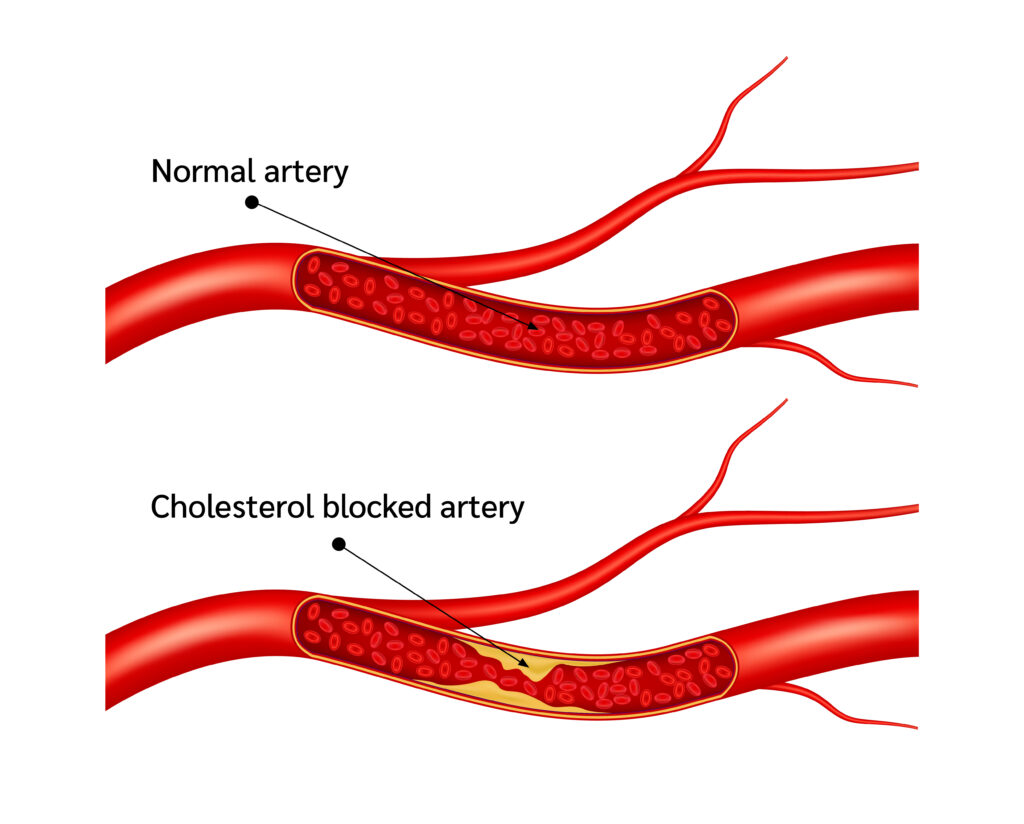
Diagnosis of Abdominal Aortic Aneurysm (AAA):
If an AAA is suspected, you will likely be referred for an abdominal ultrasound, a painless, safe test that can screen for and measure the size of an AAA.
Computed tomographic angiography (CTA) can assess aneurysm size, location and the extent of impact. This study requires exposure to radiation and injection of intravenous contrast agent. However, a CTA provides valuable anatomic information and can help your vasacular surgeon determine the optimal type of repair.
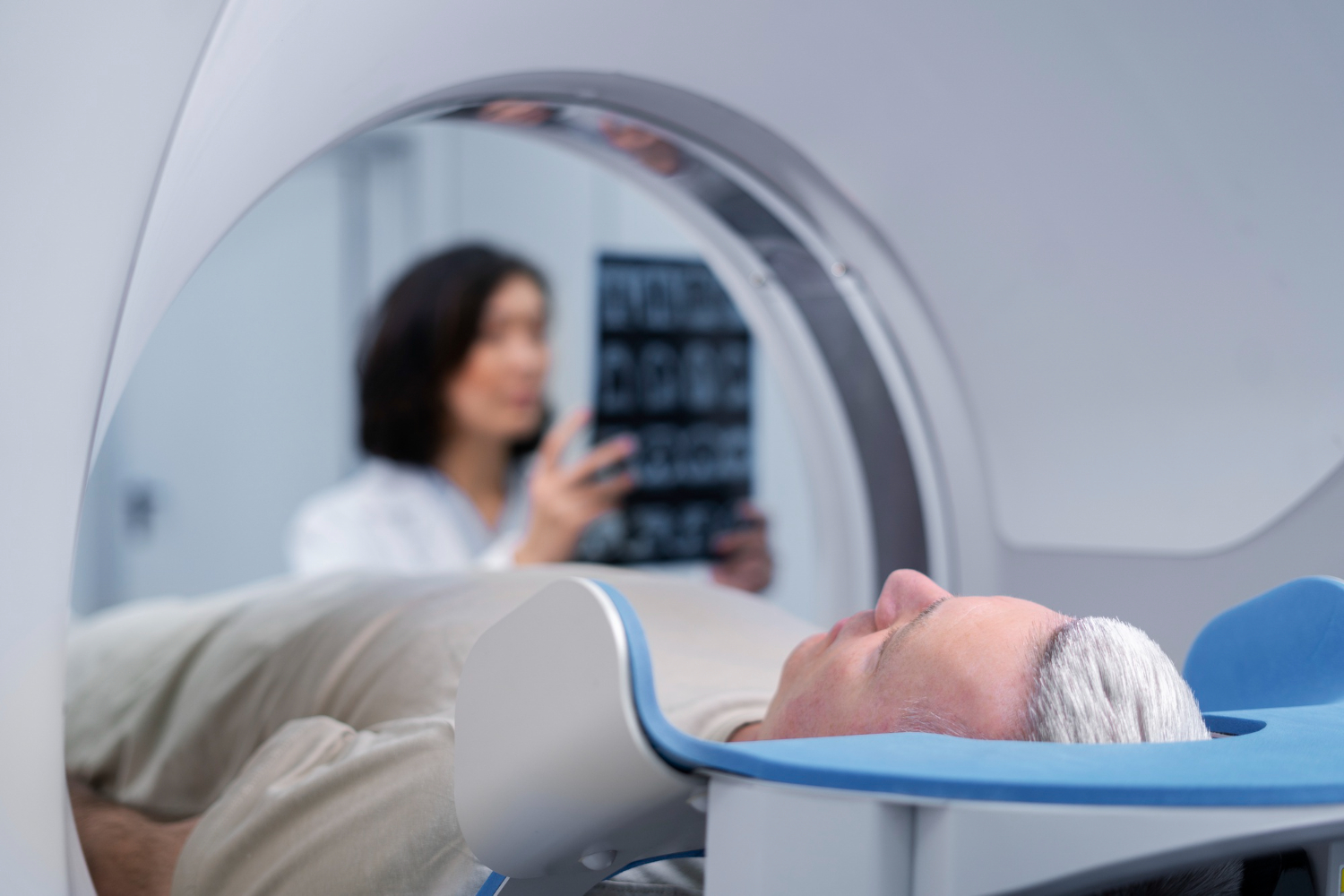
Treatment of Abdominal Aortic Aneurysm (AAA):
Vascular surgeons can determine the best procedure for you, based on the size of your aneurysm and other factors. Treatment options for AAA include lifestyle changes, medications, and surgery.
Complications from an untreated AAA may include organ damage due to decreased blood flow or rupture of the aneurysm itself. Surgery is often necessary to repair an AAA and prevent further complications.
